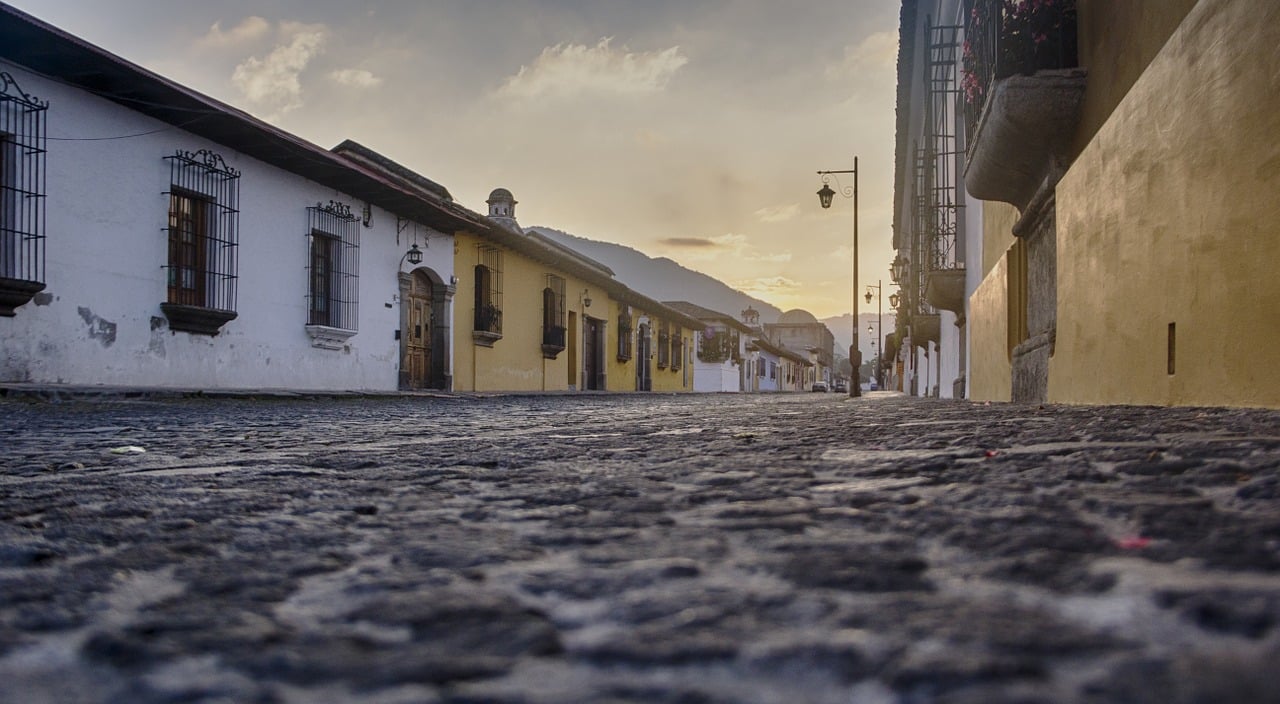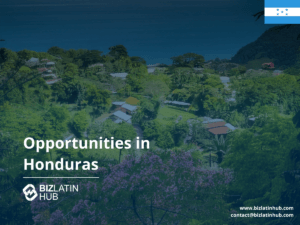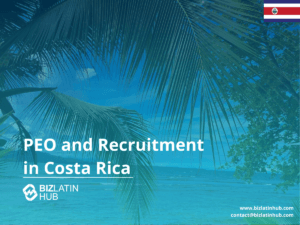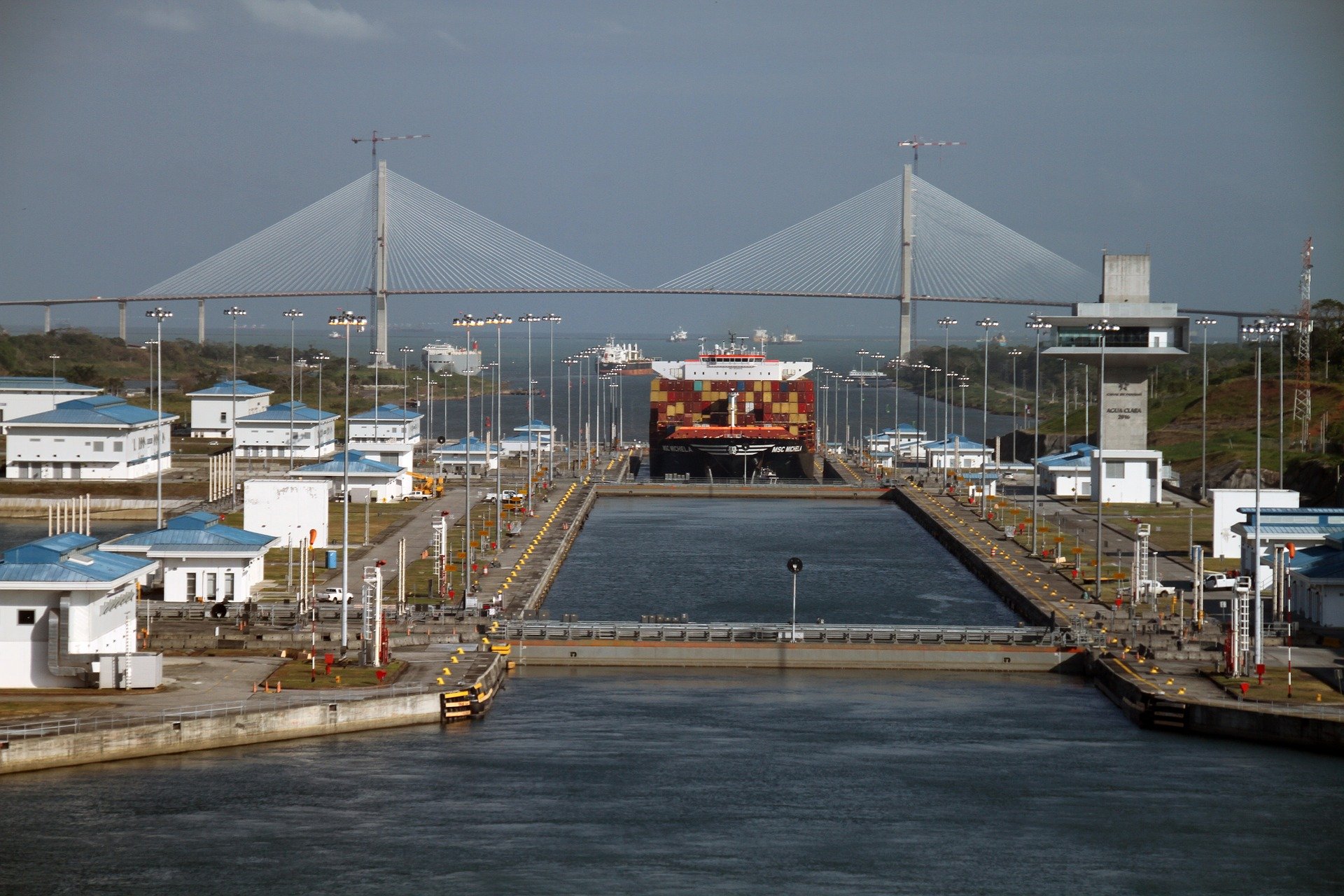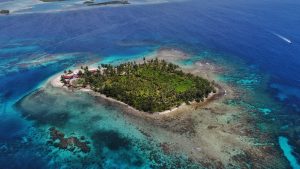
Biz Latin Hub’s Daniela Bogotá and Chelsea Heywood had the privilege of connecting with Camilo Mantilla to gain his insights on human, sociopolitical and commercial conditions in Central America. In his current role as International Advisor at the John Jay College of Criminal Justice in New York, Camilo focusses on security and public safety in Mexico.
He previously worked as a Legal Advisor and Project Manager for the United Nations in Colombia and Central America, where he supported foreign-owned and publicly traded companies do business and implement risk management strategies. Camilo is a Colombian lawyer with a Master’s degree in International Law from the Fletcher School of Law and Diplomacy.
Read about Camilo’s valuable perspectives on opportunities and challenges for development and commerce in Central America.
Can you share with us your experience in security, migration, law, and sustainability and commerce in the Central and South American context?
I’ve had a rewarding experience in international relations combined across private and public sector institutions.
I first worked as in-house Counsel with private businesses and the United Nations in different Latin American jurisdictions. Also, I launched and bootstrapped novel enterprises relating to conflict communities, risk management, and migration management in complex settings in Central and South America. Most of this work focused on improving services and infrastructure for communities, and assisting governments and businesses in improving service delivery capacities.
This brought me to public security in Northern Mexico, where I’m currently conducting operational intelligence and research. I work with front line law enforcement, private sector and international organizations to identify and design a custom solution to reverse the dynamics of local violence.
My career has been stimulating, especially as I’ve been able to help develop and implement unique and creative solutions to complex problems and situations.
How would you describe the political and human development of Central American countries after times of political and social unrest?

Human development revolves around the idea of creating choices and opportunities for people to develop and lead productive and creative lives. This embraces a notion coined by US President Franklin D. Roosevelt in the early 1940s, “freedom from want.” This phrase characterizes the freedom people and communities have to follow their interests and discover and nurture their talents; free from having to make ends meet, to enjoy life and find fulfillment.
Central American nations overcame civil and political conflict for better opportunities and resilient communities. They crafted their own views on issues and the world and claimed notoriety for it, in some cases, with help from the international community. For example, in El Salvador, the international community was crucial to help implement the peace accords, and in Guatemala it helped fight impunity by backing special institutions. All of these situations were turning points in history and influenced the social dynamics in these countries, for better opportunities.
Challenges remain and structural social and economic issues still hinder human development and commerce in Central America. As international assistance is geared towards implementing broader overarching goals, such as the 2030 Agenda for Sustainable Development, we see bigger efforts by governments towards achieving a vision that focuses on improving people’s well-being by ensuring an equitable, sustainable and stable country, and paying more attention to issues such as climate change, migration, education, and in general locally driven development.
The growing technology and service industries will continue and open opportunities for other sectors. Changing governments will shuffle the political landscape and along with it, opportunities for investments.
What do you see as key opportunities for investment and commerce in the Central American region?
The growing technology and service industries will continue and open opportunities for other commercial sectors in Central America. Changing governments will shuffle the political landscape and along with it, opportunities for investments.
Political risk is something to keep an eye out for.
We recently saw an announcement from the President of El Salvador welcoming Chinese “non-refundable cooperation”, geared largely to infrastructure. The President has also ‘advertised’ significant infrastructure projects oriented at tourism and transport, signaling a changing landscape in these sectors; with tourism as a priority.
Meanwhile, places like Guatemala are sending mixed messages. Despite new players, politics remain the same; especially after the most recent administration’s turbulent term and subsequent exit, not very desirable for those who want to do transparent and accountable business locally.
Nicaragua’s path remains to be seen; despite a relative welcoming business environment created years ago by an “alliance” between business groups and the government, investor confidence and stability has eroded since the 2018 protests.
Technology investments in agriculture, better practices, and efficient and sustainable use of land and natural resources are slowly gaining traction in Central America, in an attempt to counter the effects of climate change and natural disasters. These will be key drivers of commerce in Central America.
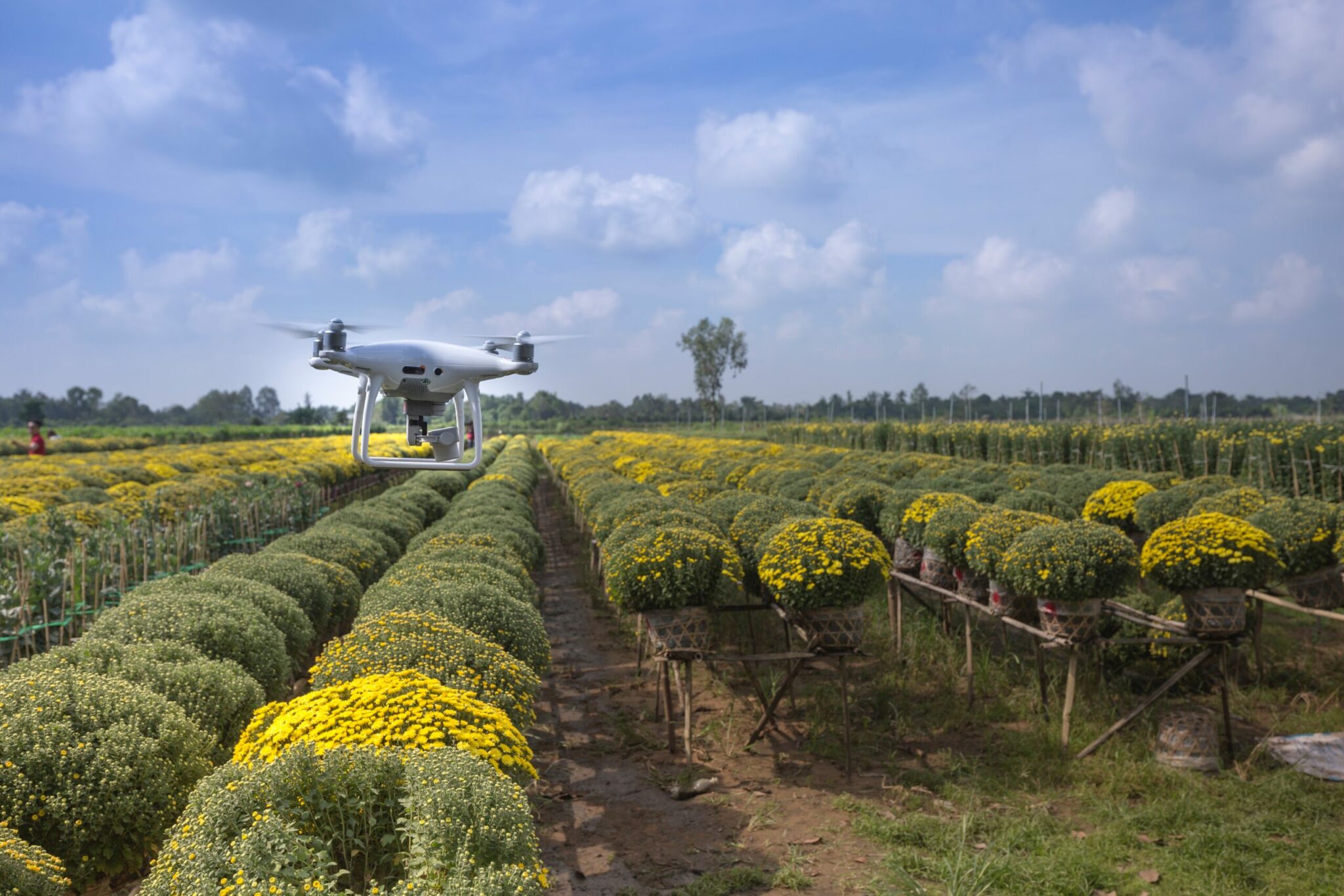
Lucrative private security services in the region resulted from historical civil and political conflicts. The security landscape changed dramatically and today, there is room and demand for new services in this realm. Threats and risks to individuals and corporations are different from even a few years back, and security technology available has come a long way; the region will require new tools to tackle new security threats.
The shifting political landscape is also signaling larger changes in terms of transportation. The vice presidents of El Salvador and Guatemala recently announced that flights between these two countries will be considered domestic, as part of historical efforts towards Central American integration. This announcement follows another statement by Guatemala’s new president, establishing air routes that will be considered domestic, between neighboring countries, as well as establishing free trade zones, especially in coastal ports.
What would you say are some challenges for companies expanding to Central America?
Social risk management and political risks will be predominant in local dynamics. Climate change, security, and socioeconomic hardship contribute to drive some of the most pressing challenges and sociopolitical friction in the region.
Companies will have to be aware that fluctuating local political and social dynamics can have an effect on their operations. For example, advances to fight impunity and corruption, where becoming a trend and have begun to take a different turn.
In 2019 the government of Guatemala clashed with and ended a decade of anti-corruption efforts by the International Commission against Impunity in Guatemala (CICIG).
Only last week the government of Honduras announced the termination of the special mission to support the fight against corruption and impunity in Honduras; another international body, created to combat impunity and corruption in the country, unfortunately ousted by another Central American government.
This can signal several things for investors and businesses: weak rule of law and institutions vulnerable to corruption, eroding investor confidence. Also, businesses will have a larger financial and even bureaucratic burden, as well as duty of care, for due diligence, compliance, and enforcement of foreign corrupt or ethical standard rules. Businesses should be concerned about thorough market intelligence, when conducting business locally.
As governments continue to transition from the many consequences of years of violence and conflict, political institutions are also at play, and will need to be considered a risk when doing business.
Vulnerability to natural disasters has also exacerbated socioeconomic conditions in the region. According to the 2019 Global Climate Risk Index, a few Central American nations rank in the top 10 countries most affected by natural disasters, and also rank high at most at risk. Be conscious or consult experts to understand how climate-related issues and disasters can affect your business.
Violence is still an issue in some parts of Central America. Companies have to incorporate robust risk management into their planning, to address changing security conditions. Extortion and weaker institutional laws are key risks to watch out for. seems to hit businesses and its employees the hardest.
The flow and connections between Central America and the US have historical origins and have grown stronger in recent decades.
How would you describe the human and commercial connections between the US and Central America?
Central Americans account for almost 8% of the immigrant population in the US; this is a considerable number, given the region’s size, and compared to the other representative groups of immigrants in the US (South and East Asia, Canada and Europe, etc). For example, almost a third of Salvadorans live abroad and most of them in the US. This is relatively similar for other Central American nations.
The flow and connections between Central America and the US have historical origins and have grown stronger in recent decades. Some attribute this to the days of building a Pan-American Highway during the Fifth International Conference of American States in 1923, to promote integrating and cross border cooperation and fraternity between American countries. These political and commercial ideas forged economic ties between nations. Behind these initiatives came the human connection, prompting regional efforts such as the Central American Integration System.

More notoriously, the political and civil conflicts from the 70s and 90s fostered social and economic hardship and crises, driving thousands to seek refuge north – largely in the US. Years later, relatives followed as some local economies endured hardship. Some countries also suffered from natural disasters, which led to further mass migrations abroad. Eventually, more than 250,000 unauthorized immigrants from the Northern Triangle of Central America were granted temporary protection under two federal programs as a result of these political and environmental crises.
This activity established further connections; US dollars were sent back to Central America through remittances, driving local consumption and balanced local treasuries. Free trade agreements created opportunities for US businesses to establish locally. Some Central American ventures entered the US market. This continues today, and is certainly an interesting area to watch.
What does the future look like for US-Central American cooperation?
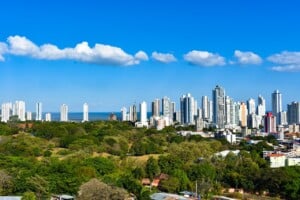
It looks good for now, despite hiccups and it’s good to keep focus on the shifting political landscape. The US has backed most of the governments in the regions, despite having conditioned or withdrawn aid assistance and cooperation. For now, we see an important level of attention to the region from the US administration, especially as migration to the US continues to be a sticking point between them.
In 2019, the brother of the president of Honduras was found guilty by a New York jury on cocaine trafficking charges. His investigation and subsequent trial, exposed how drug money penetrated Honduran politics to buy protection.
The US administration has not taken action or retaliation against this, but as time progresses, it is feasible that things can take a turn, and those involved could ultimately be sought after by US authorities. We have to wait and see. Companies conducting commerce in Central America should take care negotiating locally and choosing partners.
What was the most rewarding project for you in working between these two regions?
It was working the people. I have great friends from my time there and really enjoyed living there.
The number of individuals deported who came back with such interesting stories and skills struck me the most.
I will never forget the time we were interviewing deportees the at the airport in San Salvador, and we met this gentleman who shared his story with us. He had just been deported after living and managing a famous donut branch in Cambridge Square, Boston Massachusetts, for over 10 years. He was now unsure of his future in El Salvador.
All I could think of at that moment was how this gentleman was exceptionally suited and qualified to run a successful global food franchise. Maybe even more than many people with formal education. I still carry this story around with me.
It was good to be part of something to lay groundwork for improving services and infrastructure for people deported to Central America.
Biz Latin Hub specialists support commerce in Central America
Central America offers several valuable opportunities for expanding companies, especially those coming from Northern American markets. Thanks to the region’s proximity and competitive business conditions, US and Canadian companies can find success in their Central American commercial ventures.
Nevertheless, there are risk management and market entry needs that companies must seek local expert advice on to ensure a smooth integration and secure operations. Biz Latin Hub’s team of local and expatriate specialists can help.
Our legal, accounting, and international trade professionals have the experience and knowledge to support expanding companies in Central America. We offer a full suite of market entry and back office services in the region, making us your single point of contact for all corporate legal and accounting needs.
Reach out to us today here for advice on how we can support you.
Learn more about our team and expert authors.

